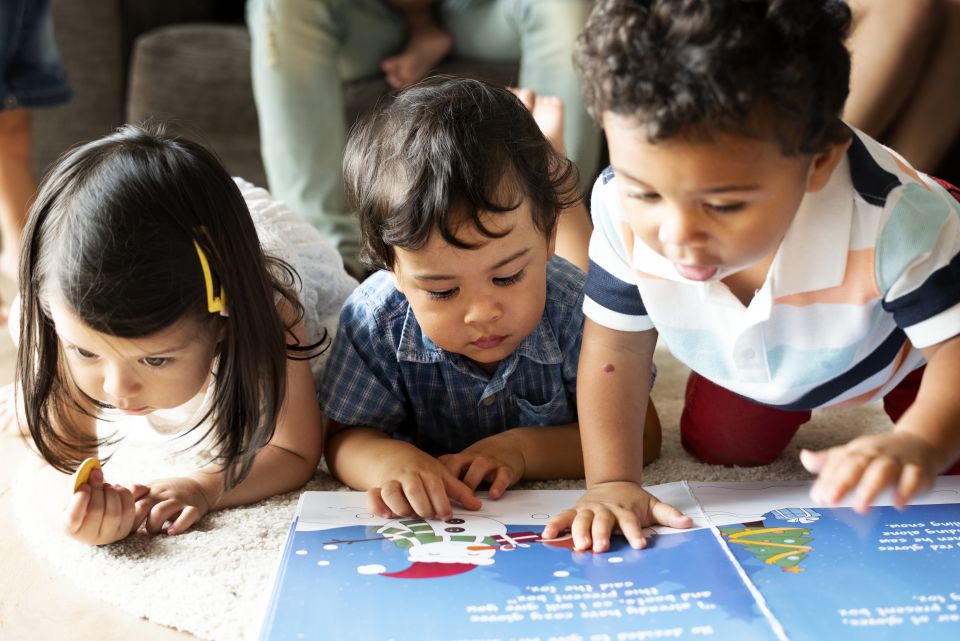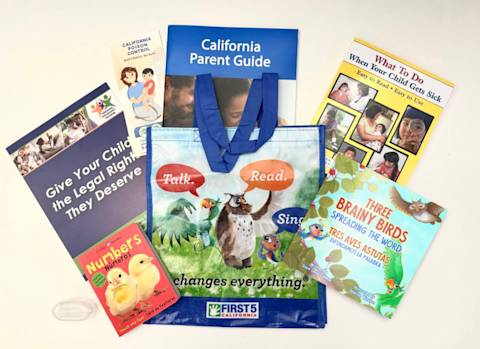Toddlers are probably most known for their curiosity and big emotions. When it comes to managing behavior at this age, it’s important to understand what’s appropriate.

Toddlers have both the physical and language skills that allow them to do a lot more than when they were younger babies. But they still need just as much help in understanding and being safe in their world. Because their brains are still developing very quickly at this time, toddlers can experience extreme emotions even under circumstances most adults would think are minor or not important. For example, a toddler may scream and cry after getting a green cup instead of a blue one. As adults, our brains can help us understand that the color of a cup is not important, but a toddler’s brain can’t process that quite yet. This is why toddlers are more likely to get upset and express big emotions. It’s unavoidable to have these emotional outbursts, so it’s important to comfort and help your toddler work through those tough moments.
Toddlers are also learning to be more independent, and it’s no surprise that scrapes and bruises are part of toddlerhood. Let your toddler explore new things – but expect some falls, and maybe even a few tears along the way. It’s all part of their learning. Be there to support and keep an eye on your toddler during these times.
Check out your Child’s Brain Development to find out what to look for in terms of skills your toddler is developing at this age.
Check out Parenting & Behavior Management Strategies to learn ways to manage your toddler’s behavior.
Quick Tip: If you are concerned about your toddler’s behavior (for example, the amount or intensity of tantrums), talk to your pediatrician about your concerns. Your doctor is trained on what to expect during toddlerhood and can offer advice or resources if needed.






